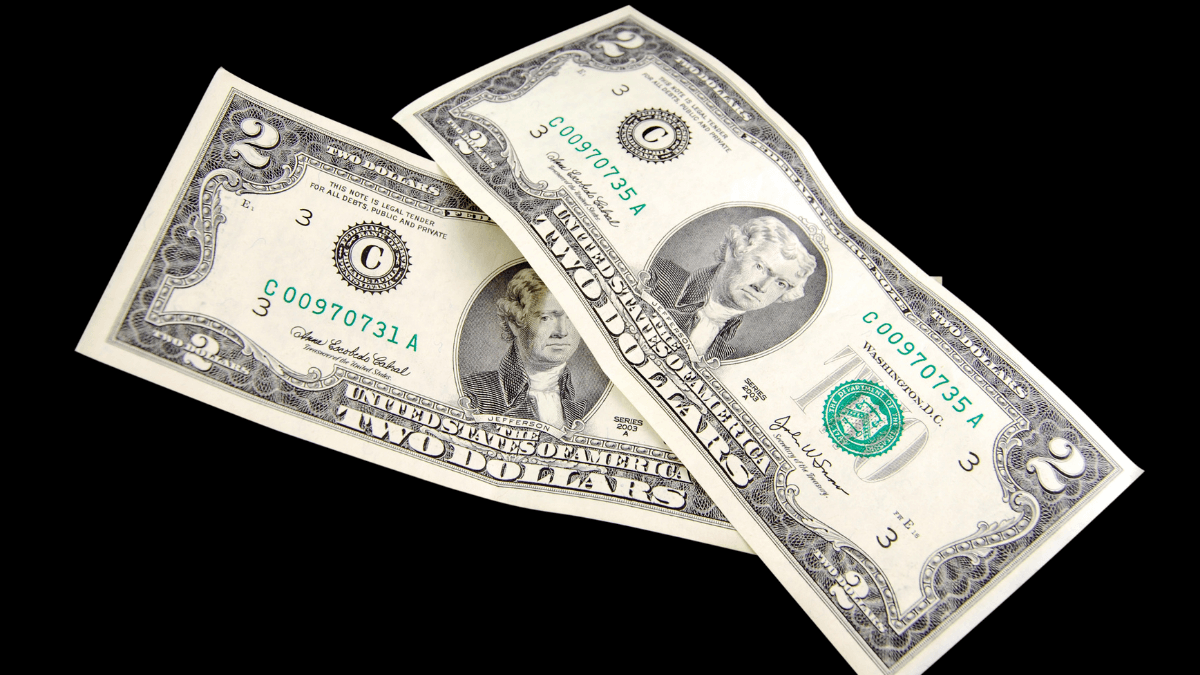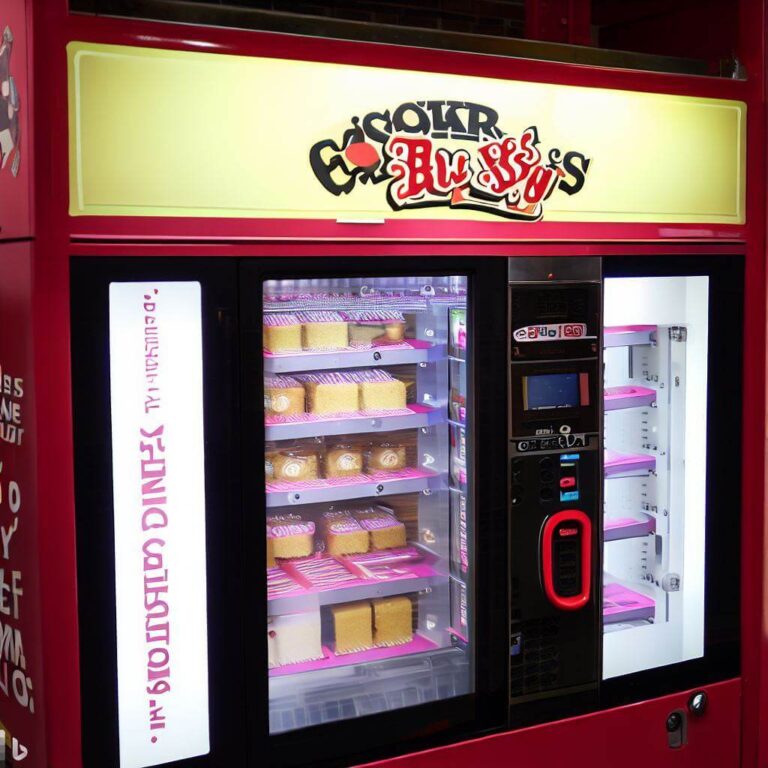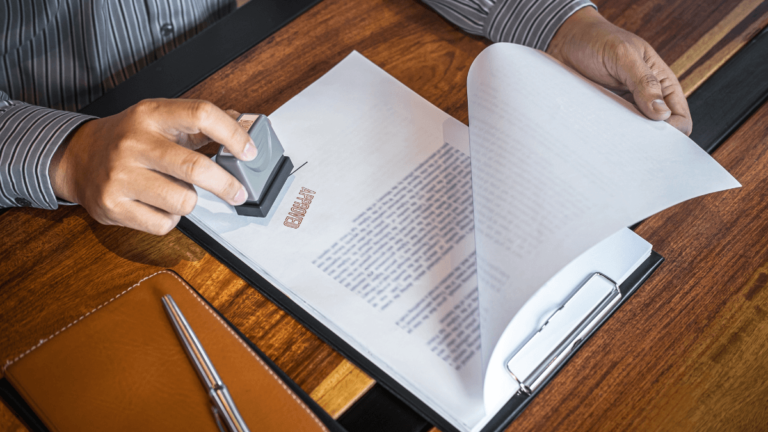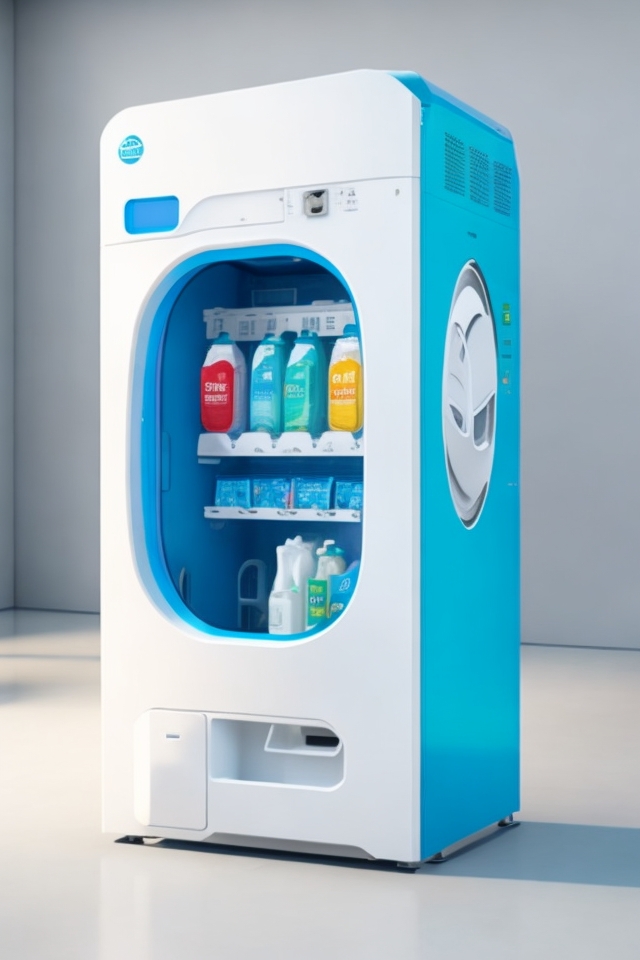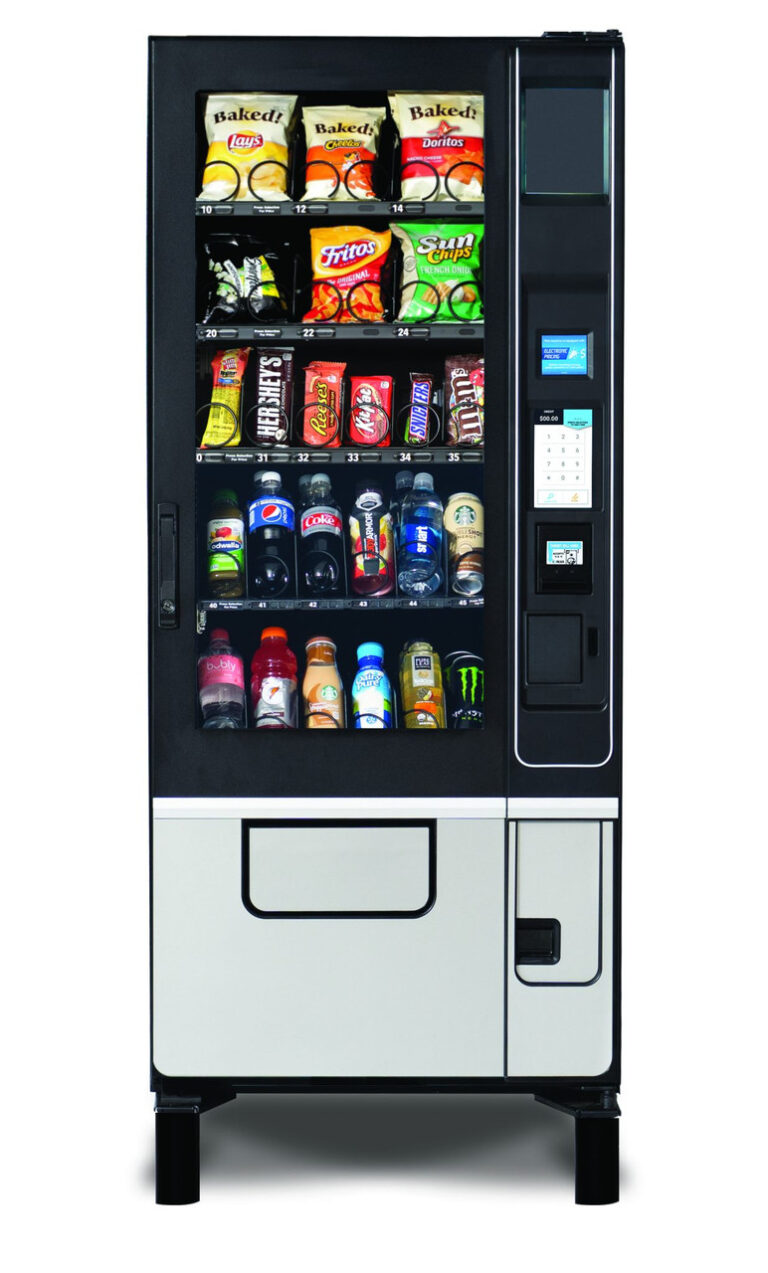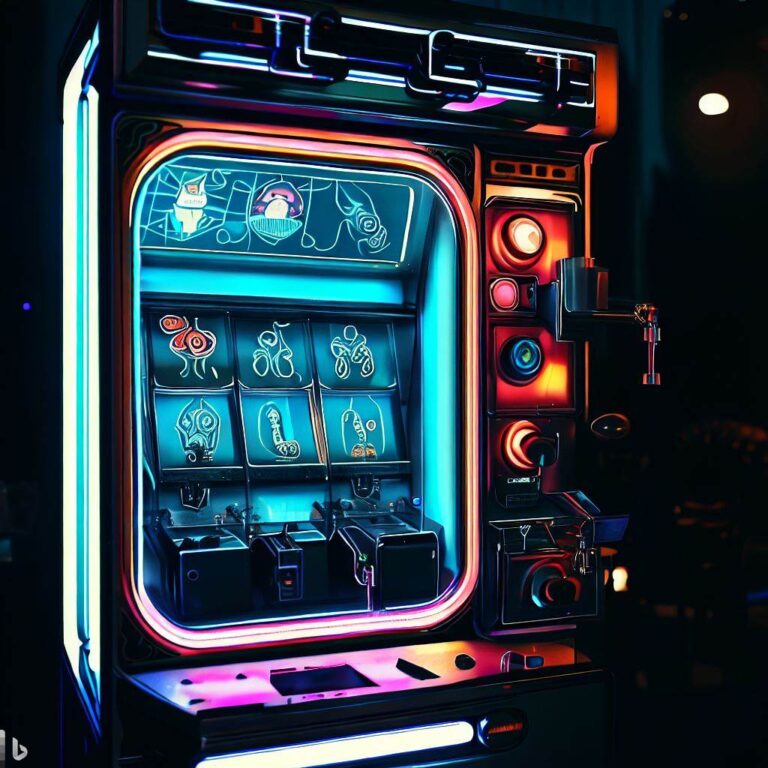Can You Use 2 Dollar Bills in Vending Machines? Why it Rejects?
The 2 dollar bill is, by far, the rarest money bill in circulation in all of the country, making less than 0.001% of all the bills and coins in circulation, according to Business Insider. But can you use 2 dollar bills in vending machines?
Yes, you can use the 2 dollar bills in vending machines. Despite the rarity of the bill, most modern vending machines can accept them. The bill is legal tender and businesses must accept them as payment, although machine operators can program the machine to reject them.
If you’re interested in knowing more about vending machines and 2 dollar bills, this article is for you!
Keep reading as we answer some of the most common questions about the relationship between the two.
RELATED READ: Can You Lay a Vending Machine on its Back?
Do Vending Machines Accept 2 Dollar Bills?
Vending machines are built with money validator systems that are capable of accepting a variety of money options. Ideally, almost any vending machine that was built in the last 20 years will have the capacity to read, recognize, and accept the 2 dollar bill as a payment.
Despite that, whether a specific vending machine will accept or reject a 2 dollar bill will all come down to whether the machine owner wants that or not.
This is because most bill validators or scanners come with various settings that allow the machine operator or owner to adjust the machine so that it accepts or rejects any kind of bill.
In other words, even a machine that can accept 2 dollar bills may still refuse them, as it still depends on how the machine is set.
How Does a Vending Machine Recognize 2 Dollar Bills?
Vending machines feature a variety of mechanisms to do their task, including bill validators, which are devices that are built with specific sensors to scan and identify different types of bills.
One thing you should know is that various bill validators may have completely different mechanisms to recognize the bill.
However, most bill validators nowadays use visible light, infrared, ultraviolet sensors to validate the bills.
These sensors can check the different patterns and properties of the 2 dollar bill, such as the drawings, the raised/fluorescent ink, the linen/cotton construction.
Using similar sensors, the machine can also scan and validate different types of coins, such as quarters and dimes by counting their ridges. Vending machines can also use electromagnetic sensors to detect the metals used in making these coins.
What Happens If a Machine Rejects a 2 Dollar Bill?
Different models of vending machines will react differently to 2 dollar bills if they’re designed to reject them. For example, some machines will simply not respond to the bill in the first place.
Other vending machines will automatically reverse the bill feeder to return the bill back to you. In addition to these two methods, some machines will take the 2 dollar bill and then return it back through the dedicated refund or change slot.
In some rare cases, the machine may reject the 2 dollar bill but fail to give it back to the customer, which is usually due to jamming the machine.
Why Does a Vending Machine Reject 2 Dollar Bills?
Now that you know what happens if a machine rejects a 2 dollar bill, you might be wondering why a vending machine is doing that. In this section, we’ll discuss some of the possible reasons why the machine is doing so:
1. The Machine Is Programmed to Reject Them
As previously mentioned, the machine operators are capable of adjusting the machine to accept certain types of money.
This is usually through a set of switches inside the machine that disable or enable the machine to accept different coins and money bills.
You can easily confirm this by using different coins or bills. If the machine only accepts them, there’s a good chance that the 2 dollar bills are rejected on purpose.
2. The Money Storage is Full
Accepted money is kept in dedicated storage inside the machine until the operator or the owner comes and empties it out. When this storage is filled, the machine will usually stop accepting any money until it’s empty.
When this happens the machine will reject all kinds of bills, but may still accept coins, as they’re sometimes stored in separate slots.
3. The Change Slot is Empty
The machine is only capable of completing a transaction if it can give you adequate change. If paying with 2 dollar bills means that the machine will need to give you the change, it might reject the 2 dollar bill if the change slot is empty or doesn’t have enough money for the change.
4. The Bill Validator Is Malfunctioning
Like all machines in the world, some are just better than others, and bill validators aren’t an exception.
In some cases, the system responsible for scanning, identifying, or completing the transaction may encounter some errors.
When that happens, the machine is programmed to reject and return the money back to customers.
Usually, machines will display a code for malfunctioning, but you can also confirm it by trying with other bills and coins, as malfunctioning machines will reject them all.
Does a Vending Machine Accept Higher Dollar Bill Value?
Most modern vending machines are designed to accept a variety of payment options, including coins, dollar bills, and card payments.
Ideally, many vending machines that were built in the last decade will also be capable of accepting 5, 10, and sometimes the 20 dollar bills.
Conclusion
As you can see, the 2 dollar bill should be accepted in most vending machines out there, as the vast majority of vending machines built in the last two decades are built with mechanisms to recognize and accept them.
If the vending machine rejects your 2 dollar bill, make sure that the bill is clean and try to straighten it out if it’s too crumpled.
If the machine accepts other bills but not the 2 dollar bill, the machine owner properly programmed the machine to not accept them for some reason.
